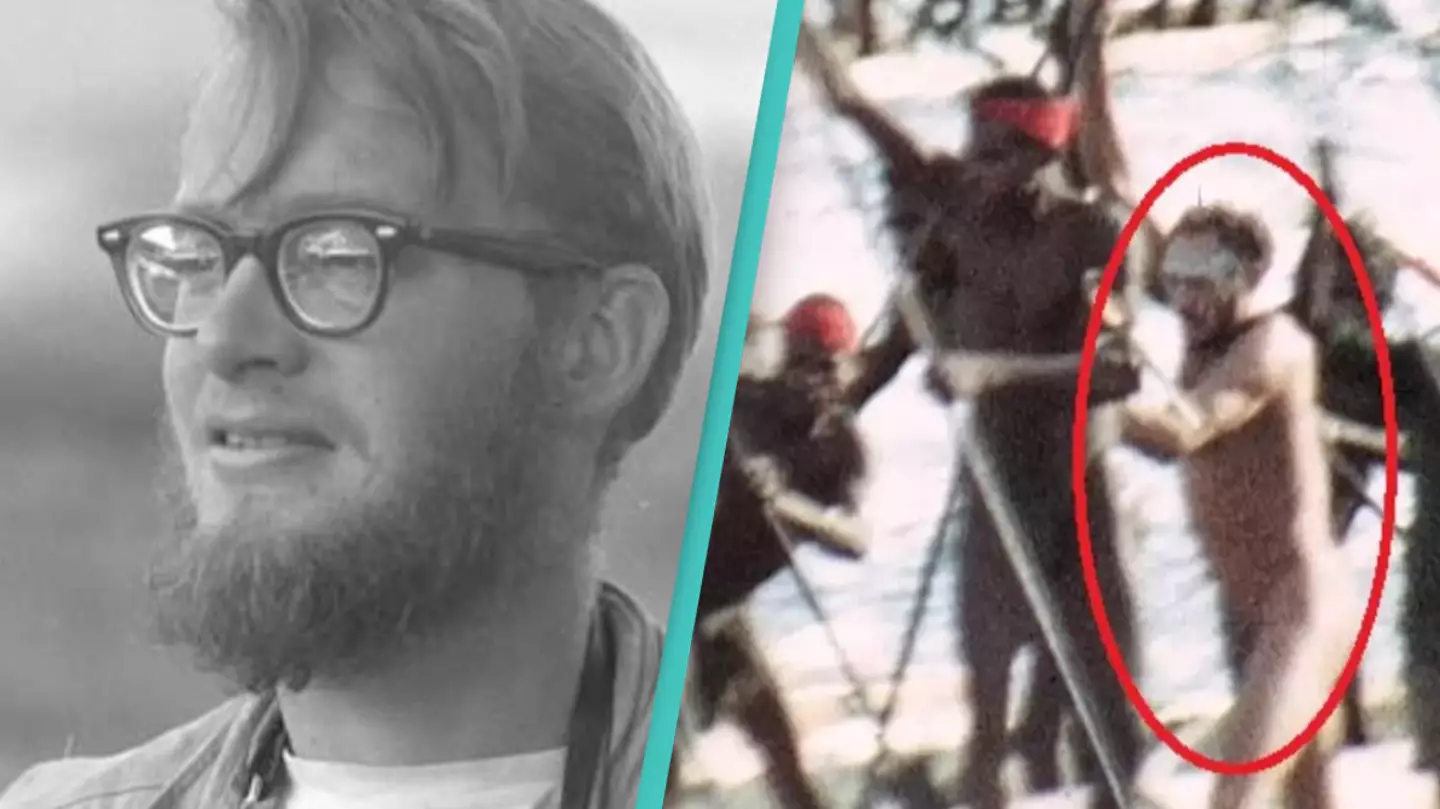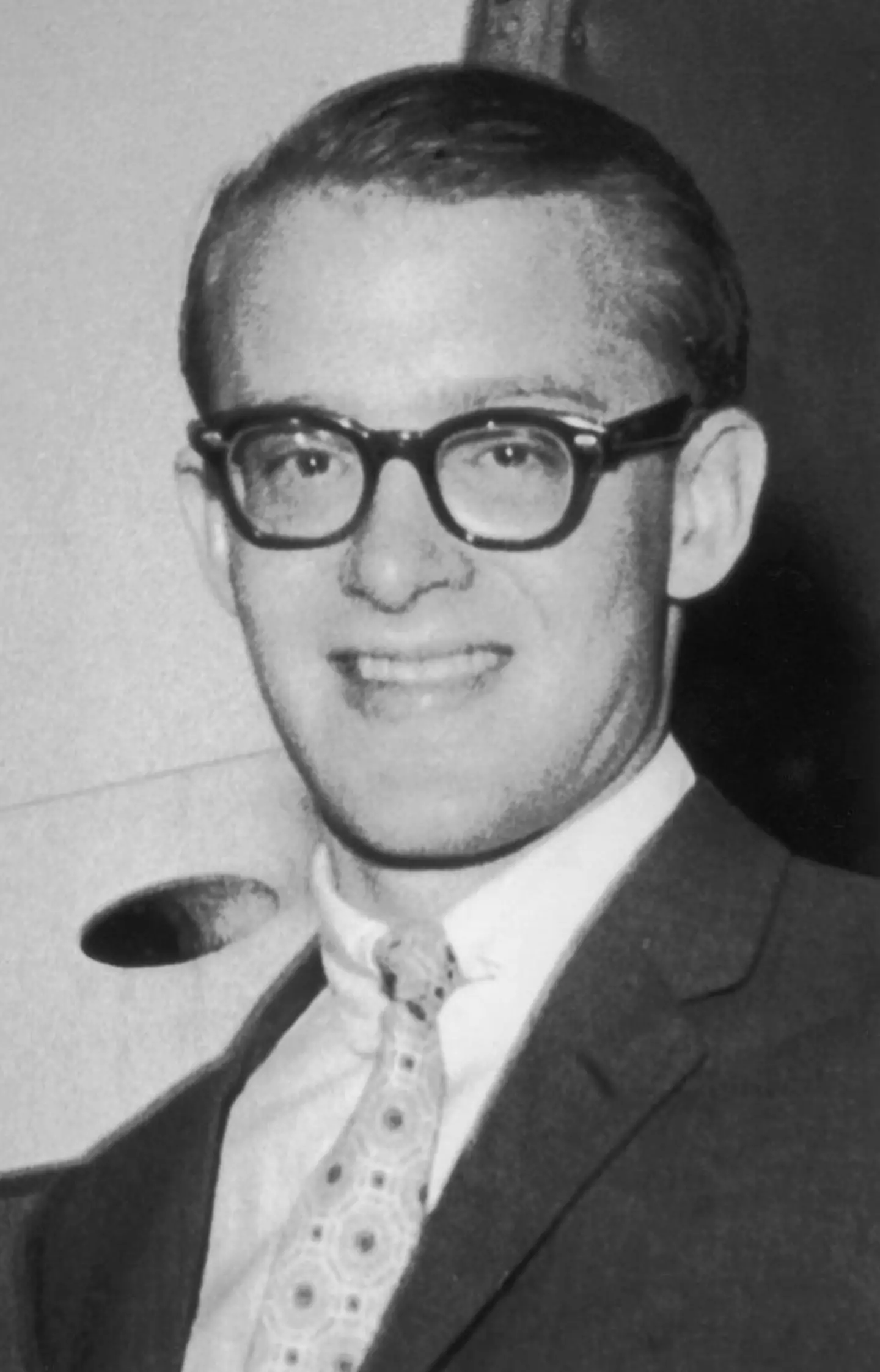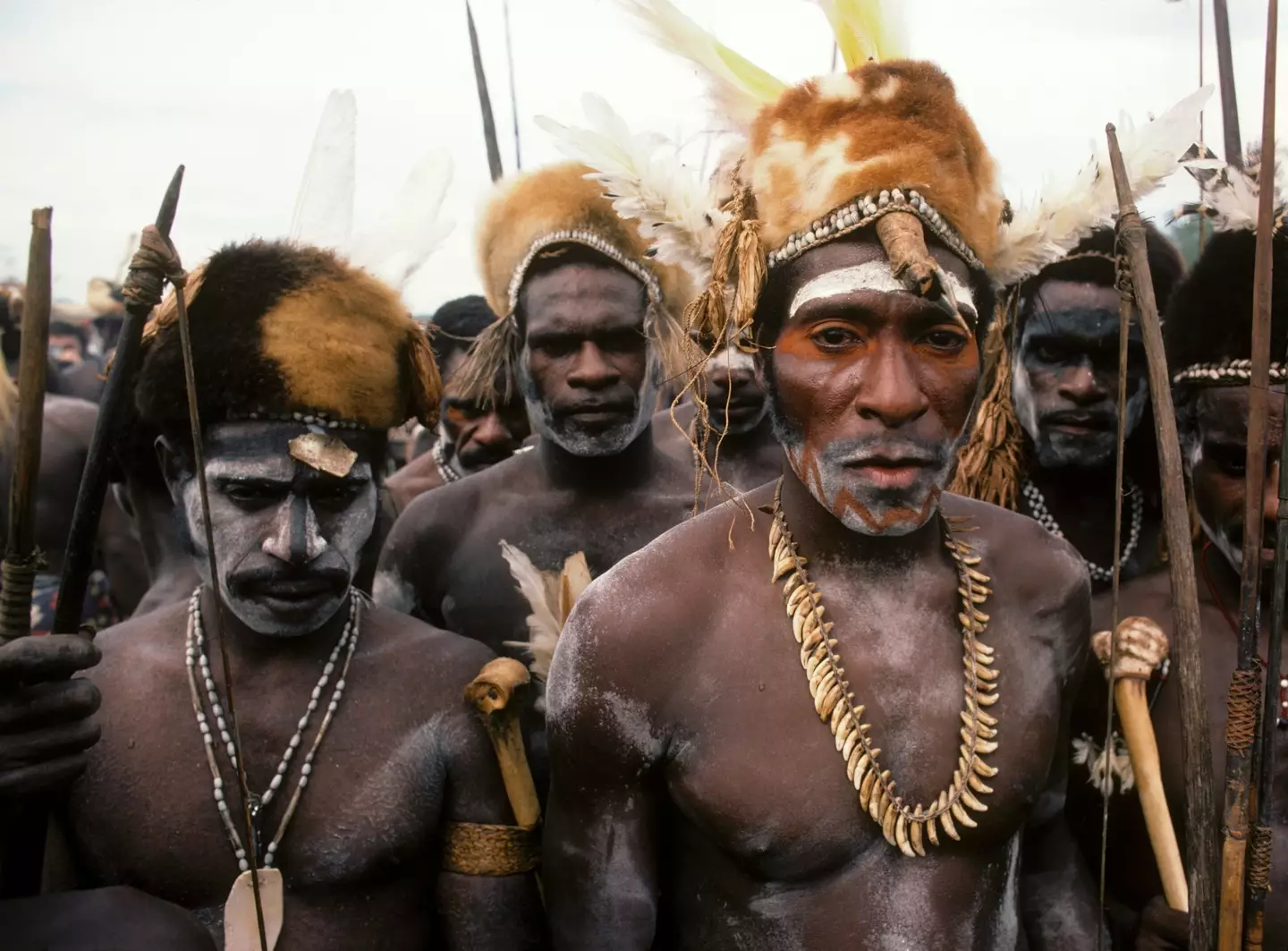
In 1961, Michael Rockefeller travelled to West Papua, Indonesia, but failed to return home.
The then 23-year-old travelled to the remote part of New Guinea to study its Asmat region and its people alongside Dutch anthropologist René Wassing.
Rockefeller, the son of former US Vice President Nelson A. Rockefeller, is believed to have gone to the island to collect the art of the Asmat people who resided there.
Rockefeller had been to New Guinea a year prior where the team took photos of the tribe.
He returned a year later with Wassing in tow but while travelling to the island by sea their boat capsized.
Advert
Still 12 miles away from shore, Rockefeller said to Wassing what are believed to have been his last words.
"I think he can make it," he told him at the time, implying that he could swim all the way to shore. Sadly he was never seen again.

A huge search was then sparked in bid to find the 23-year-old, but their efforts were in vain as nine days in, the Dutch interior minister stated that there 'is no longer any hope of finding Michael Rockefeller alive'.
Advert
Two weeks after he went missing and the search was called off entirely and Rockefeller was presumed dead as a result of drowning.
There have been many theories about what happened to Rockefeller over the years.
One of the final photos believed to be of the young man showed a white man with a group of Asmat people, seemingly implying that he integrated into the tribe.
But others believe he may have been eaten by the Asmat people knowing their history of cannibalism.
Advert

According to Aqua Expeditions, Asmat tribes were still practicing cannibalism as recent as the 1990s.
The website explains: "Historically, the Asmat people were documented headhunters and cannibals, believing they could absorb the spiritual power of their enemies through their skull. An intricate initiation ceremony involving captured heads invited young Asmat boys into manhood."
It's also been suggested that the Dutch government purposely swept Rockefeller's death under the rug.
Advert
In a 2014 book, author Carl Hoffman agreed that Rockefeller may have been eaten by the tribe, but the country was more interested in maintaining its relationship with the remote tribe than finding answers about Rockefeller's death.
New Guinea was divided up into regions that were claimed by the Netherlands, Britain, and Germany in the 1800s.